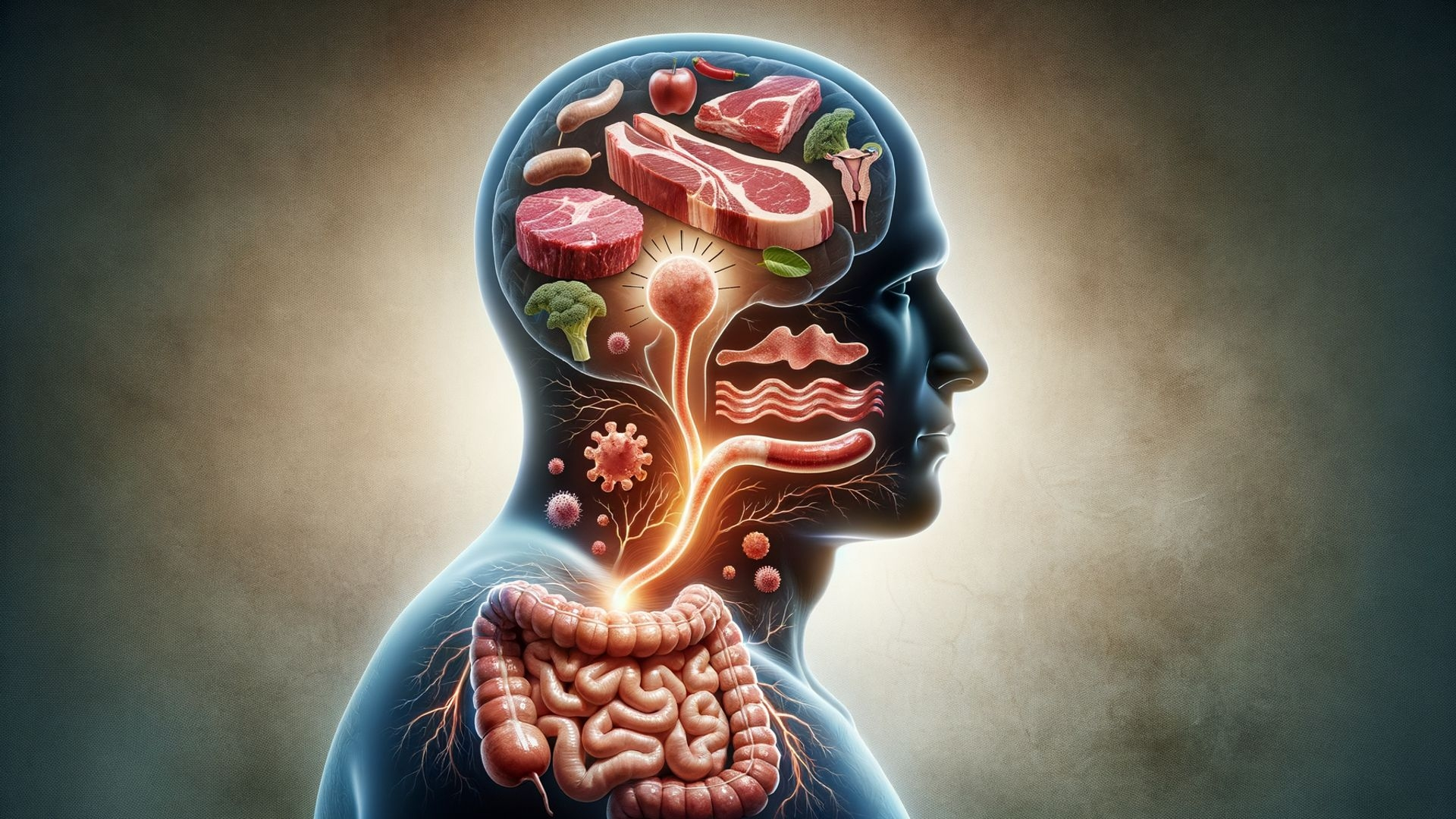Carnivore Diet Side Effects
Understanding the Carnivore Diet
What is the carnivore diet and how does it work?
The carnivore diet is a dietary approach that primarily focuses on the consumption of animal products while excluding plant foods, processed foods, and carbohydrates. This diet emphasizes the intake of red meat, dairy products, and other sources of protein and fat while minimizing or eliminating the consumption of fruits, vegetables, and grains. Advocates of the carnivore diet believe that the body’s natural detoxification processes are optimized when plant foods are removed from the diet, leading to improved health and well-being.
Transitioning to a carnivore diet: What to expect
Transitioning to a carnivore diet can be a significant dietary change for individuals accustomed to a more conventional diet. As one eliminates plant-based foods and carbohydrates, the body adapts to relying primarily on protein and fat for energy. This shift can lead to a state of ketosis, where the body burns stored fat for fuel instead of carbohydrates. It is important to consult with a healthcare provider before making such dietary changes to ensure that nutritional needs are met during the transition phase.

Exploring the fundamentals of the carnivore diet
The carnivore diet emphasizes the consumption of animal products rich in essential nutrients such as amino acids, saturated fats, and B vitamins. Proponents of the carnivore diet argue that the diet can help improve metabolic health, aid in weight loss, and support overall well-being. However, critics raise concerns about the potential long-term effects of excluding plant foods, which are important sources of fiber, vitamins, and antioxidants necessary for optimal health.

Potential Side Effects of the Carnivore Diet
Dealing with constipation on a carnivore diet
One common side effect of the carnivore diet is constipation, which may occur due to the lack of fiber from plant foods in the diet. Increasing water intake and incorporating bone broth can help alleviate constipation by promoting proper digestion and bowel movements.
Effects of high sugar consumption in a meat-based diet
Consumption of processed meats containing added sugars can have negative effects on health. High sugar intake, even from sources like cured meats, can contribute to inflammation, insulin resistance, and other metabolic issues. It is essential to be mindful of sugar content when following a carnivore diet.
Addressing bad breath while on a carnivore diet
Another potential side effect of the carnivore diet is bad breath, often referred to as “keto breath.” This phenomenon occurs as the body adjusts to ketosis, leading to the production of ketones that can cause a distinct odor. Maintaining proper oral hygiene and staying hydrated can help reduce the occurrence of bad breath.
Impact on Electrolyte Balance and Hydration
Understanding the role of electrolytes in a carnivore diet
Electrolytes play a crucial role in maintaining fluid balance, nerve function, and muscle contractions in the body. On a carnivore diet, it is important to ensure adequate intake of electrolytes such as potassium and magnesium to support hydration and overall well-being.

Ensuring proper hydration levels when on a high-meat diet
The low-carb nature of the carnivore diet can lead to increased water loss through the kidneys, making hydration essential. Drinking an adequate amount of water and consuming electrolyte-rich foods or supplements can help prevent dehydration and support optimal bodily functions.
Potassium and magnesium intake in a carnivore diet
Potassium and magnesium are vital minerals that play a key role in various physiological functions, including nerve conduction, muscle function, and hydration. Incorporating potassium-rich foods like red meat and leafy greens, as well as magnesium sources such as nuts and seeds, can help maintain electrolyte balance on a carnivore diet.
Health Concerns and Risks
Exploring the link between carnivore diet and heart palpitations
Some individuals following a carnivore diet may experience heart palpitations, which can be attributed to factors such as changes in electrolyte balance or increased intake of saturated fats. Monitoring heart health and consulting with a healthcare provider can help address and mitigate this risk.
Addressing the potential risk of kidney disease with a high-meat diet
A high intake of red meat on a carnivore diet may raise concerns about kidney health due to the protein load on the kidneys. Long-term consumption of large amounts of animal protein without adequate hydration and monitoring of kidney function could potentially increase the risk of kidney disease.
Long-term effects of an all-meat diet on bone health
While protein is essential for bone health, excessive consumption of animal products without the balancing nutrients from plant foods can impact bone density over time. Ensuring a diverse diet that includes calcium-rich foods and proper vitamin D levels is crucial to maintaining optimal bone health on a carnivore diet.
Detox Symptoms From Carnivore Diet Frequently Asked Questions:
What are the potential side effects of the carnivore diet?
Some potential side effects of the carnivore diet include nutrient deficiencies, uncomfortable side effects in the first few days or weeks, and higher risk of heart disease due to exclusive consumption of animal products.
How does the carnivore diet affect blood sugar levels?
The carnivore diet, which excludes carbohydrates found in plant foods, can lead to lower blood sugar levels and decreased insulin levels in individuals following the diet.
What is the impact of the carnivore diet on body weight?
Individuals on the carnivore diet may experience changes in body weight due to the high protein intake and low carbohydrate intake, which can lead to weight loss or weight gain depending on individual metabolism.
Is the carnivore diet sustainable for long-term use?
While some people find success with the carnivore diet in the short term, it may not be sustainable in the long run due to potential nutrient deficiencies and the restrictive nature of the diet.
How can I prevent uncomfortable side effects when transitioning to the carnivore diet?
To prevent uncomfortable side effects when going carnivore, it’s recommended to gradually reduce carbohydrate intake, increase fat intake, stay hydrated, and ensure adequate protein consumption to support your body during the transition.
Can the carnivore diet help in managing certain health conditions?
Some individuals report improvements in certain health conditions such as autoimmune disorders or digestive issues when implementing the carnivore diet, but it’s important to consult with a healthcare professional before making any drastic dietary changes.
What are some tips for creating a balanced meal plan on the carnivore diet?
When following the carnivore diet, focus on including a variety of animal products such as meats, fish, eggs, and dairy to ensure you are getting a range of nutrients. Consider incorporating organ meats and supplements to address any potential nutrient deficiencies.






